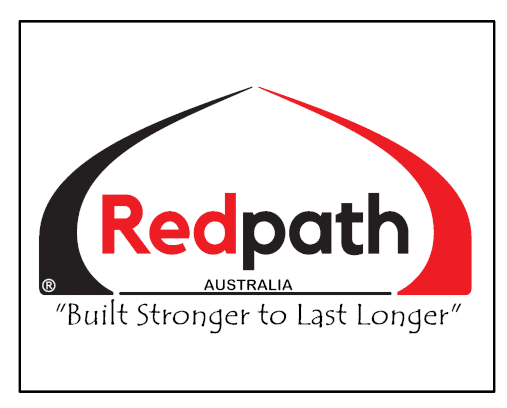Benefits
Superior control of feed costs
The Clear-roofed Redpath shelter system provides a warm dry environment for the herd. Natural light harvests the suns energy in cooler months allowing the stock to consume less energy trying to stay warm. This allows the animals to remain healthier and place what they eat on their backs.
A Redpath shelter is one of the best tools for pasture management and reduced pugging
Standing cow’s for short, medium or long periods will allow you to keep pasture in superior condition. Removing the stock from the pasture when grass levels are low and not allowing them to over-graze also offers worthwhile benefits when the grass growth returns.
Grass recovery rate is much improved and pasture replacement is reduced giving efficiency and cost reduction benefits.
Effluent management:
Redpaths clear roof promotes speedier drying of floors and effluent. The UV light transmittance also reduces odor and the potential for ammonia build-up. Placing a roof over an intensive area like a standoffshelter or feed pad and gives a massive reduction in rainwater runoff from the housing or feeding area. Effluent can then be left in place or scraped away and placed on to feed crops or pasture at a time that suits the owner.
Useful at calving time
The Redpath shelter system can also be useful when calving time approaches. Many owners will section off a portion of the shelter in readiness for cows at calving season. Often some additional straw or other clean bedding will be spread in the section, and an increased space of up to 11 m2 per cow is usually allowed for.
The shelter provides a convenient and efficient location to monitoring and manage springer’s and calves. Gate hinges may be fixed directly to the Redpath building poles for quick and easy sectioning off of the building.
Animal Welfare
When looking to shelter dairy herds – the herds welfare is becomes an important decision for farmers, milk suppliers and consumers.
Many are wishing to see an improved quality of life for their dairy herds physical and mental health as this will often provide flow-on benefits of healthier, happier, and more naturally disease resistant herds. Production will often be increased when dairy herds are sheltered in an animal-friendly environment
Reduced Stress, Improved staff efficiency
An on-farm shelter can offer greater flexibility for farm managers. The knowledge that your stock is housed safely in a shelter and not out making a mess on the farm relives a lot of stress from the business of farming. Improved efficiency can also be expected with the shelters typically located near to the main infrastructure of the farm allowing staff to monitor and service the herd “near to hand”, saving wasted time on labour and machinery going out on farm.
